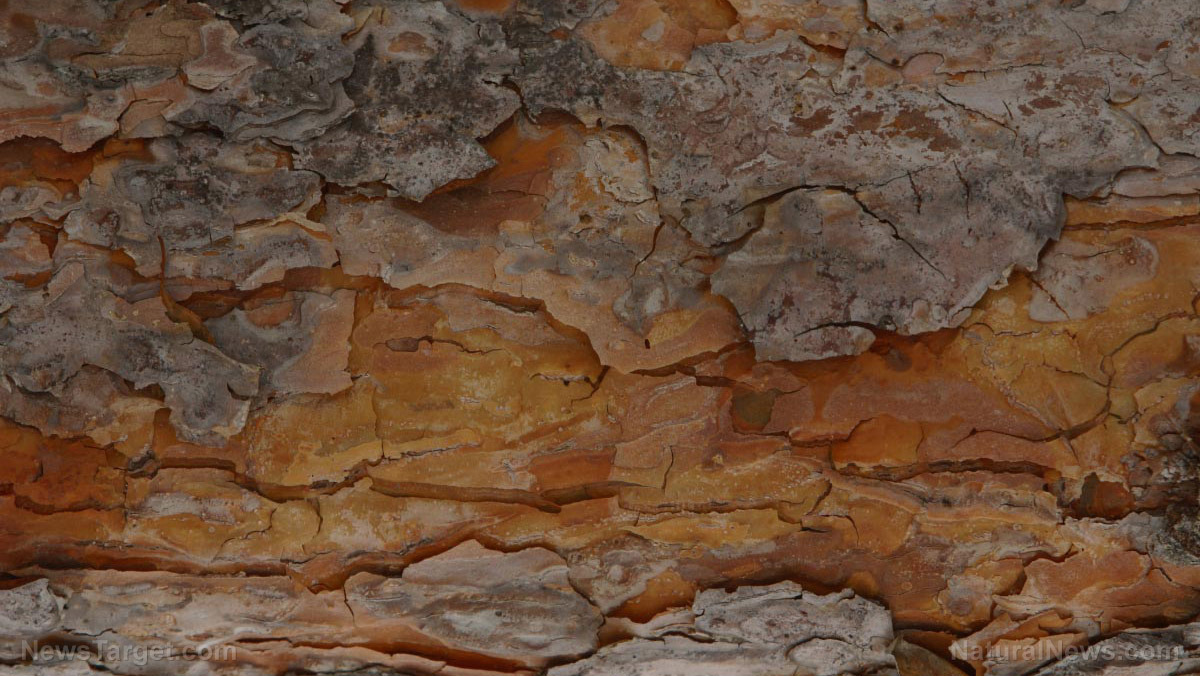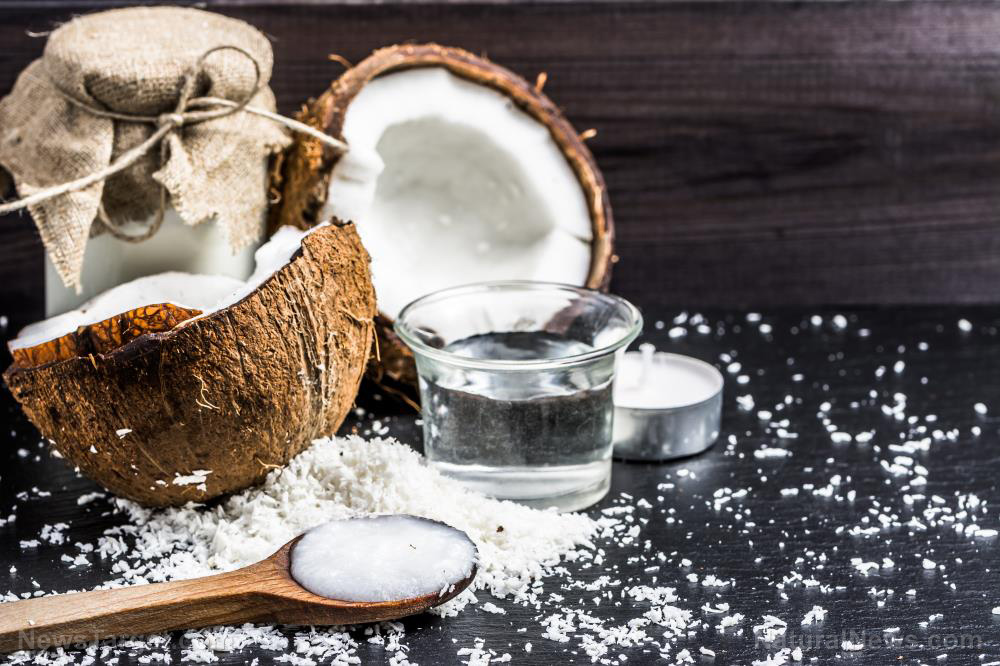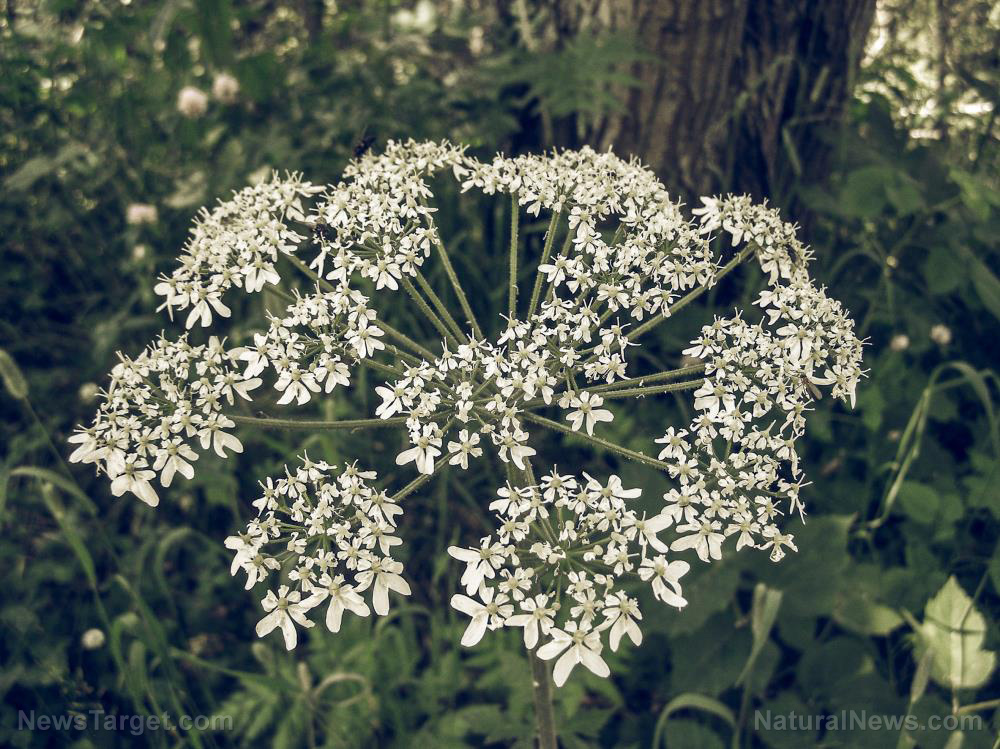 Parler
Parler Gab
Gab
"Scalp hair density often decreases with age, leading to a heightened perception of hair thinning. Poor hair quality can have a significant psychological impact and may even lead to increased anxiety and depression.
For women seeking hair health support and those frustrated by hair loss during menopause or a continued pattern of hair thinning, this study reveals a new application for an ingredient that has proven antioxidant and circulatory benefits, in addition to its already established benefits in menopause and skin care."
An animal study previously found that pine bark extract reduced levels of pro-inflammatory cytokines and enhanced levels of anti-inflammatory cytokines in hair follicles, while leading to a significant increase in hair growth.[v] The researchers suggested the extract may be useful for both hair loss prevention and promotion of hair growth. Pine Bark Is Revered for Circulatory Benefits Part of pine bark's benefits to hair density may be due to increases in microcirculation. As such, support for chronic venous insufficiency, deep vein thrombosis and varicose veins is another area where pine bark shines. In a study of 142 people with chronic venous insufficiency, Pycnogenol at a dose of 150 mg a day for eight weeks significantly improved microcirculation and variations in capillary filtration associated with swelling.[vi] Pycnogenol was also effective in improving varicose veins in postpartum women. After six months of taking Pycnogenol at a dose of 100 mg a day, there was a significant improvement in varicose veins and a decreased need for sclerotherapy, surgery or other treatments. Even spider veins decreased.[vii] In addition to improving signs and symptoms of postpartum varicose veins, the researchers noted, it appears "venous function and shape seem to return faster to prepartum, physiological pattern" with use of Pycnogenol. Pine Bark for Your Heart, Sexual Health, Skin and More While pine bark intake is well-known for its benefits to circulation, as well as antioxidant and anti-inflammatory effects, it may also benefit heart health. Among people with coronary artery disease, for instance, Pycnogenol intake improved endothelial function, leading to an increase in flow mediated dilation after eight weeks.[viii] It's also useful for supporting cardiometabolic health, leading to reductions in fasting blood glucose, systolic and diastolic blood pressure, body mass index and cholesterol, while increasing beneficial HDL cholesterol.[ix] Further, pine bark deserves special mention for its potential to help:- Aging skin -- Pine bark extract helps reduce the damage ultraviolet radiation causes to the skin. It also led to clinically significant improvements in photodamaged skin when used for 12 weeks.[x]
- Erectile dysfunction -- Pine bark extract improved erectile dysfunction by 45% among men with erectile dysfunction and diabetes.[xi] When used in combination with saw palmetto and saffron, pine bark extract also led to significantly improved sexual function and urinary symptoms in people aged 40 to 60.[xii]
- Brain health -- Pycnogenol has positive effects in people with mild cognitive impairment, likely due to its benefits to oxidative stress levels.[xiii] It improves cognitive function in adults between the ages of 55 and 70,[xiv] while, even among students, pine bark extract may improve cognitive function, attention and mental performance.[xv]
Hydration tips for winter: Why electrolytes are your secret weapon
By HRS Editors // Share
CIA busy polishing its Ukraine legacy
By News Editors // Share
Climate change fanatics want to bankrupt the entire world for little to no reward
By News Editors // Share
Licorice shown to kill SARS and other lethal viruses
By News Editors // Share
Mike Pence is a gutless servant of the global Luciferian death cult who claims to be ‘pro-life’
By News Editors // Share
Magic mushroom ingredient may improve mental health
By News Editors // Share
Governments continue to obscure COVID-19 vaccine data amid rising concerns over excess deaths
By patricklewis // Share
Tech giant Microsoft backs EXTINCTION with its support of carbon capture programs
By ramontomeydw // Share
Germany to resume arms exports to Israel despite repeated ceasefire violations
By isabelle // Share










